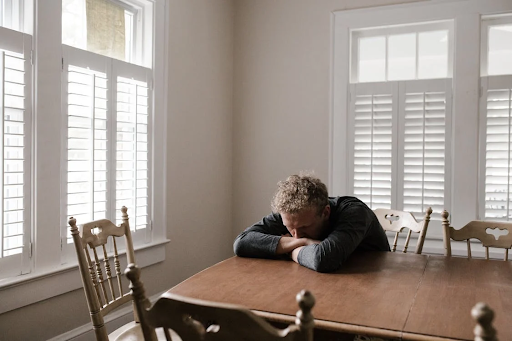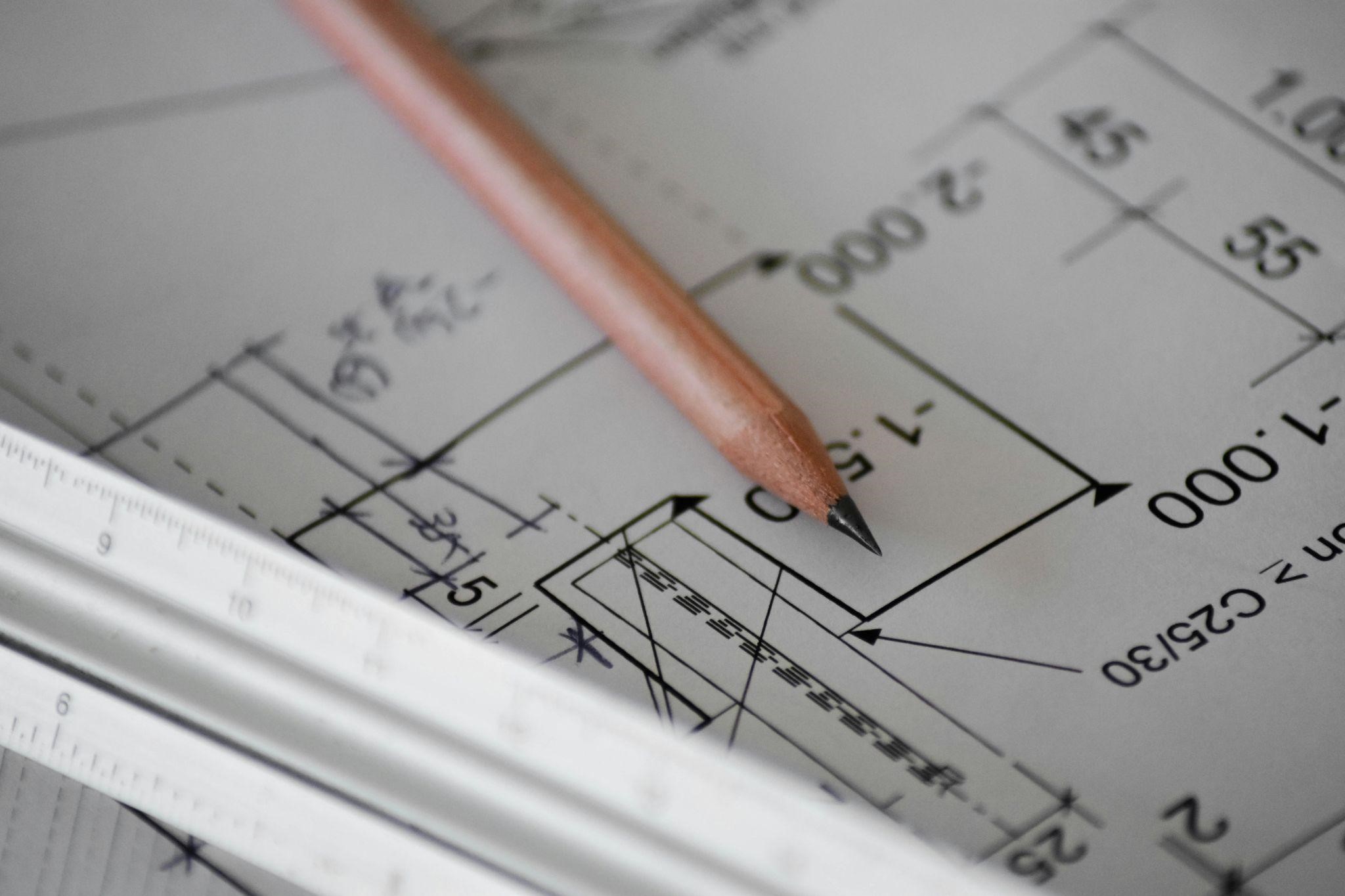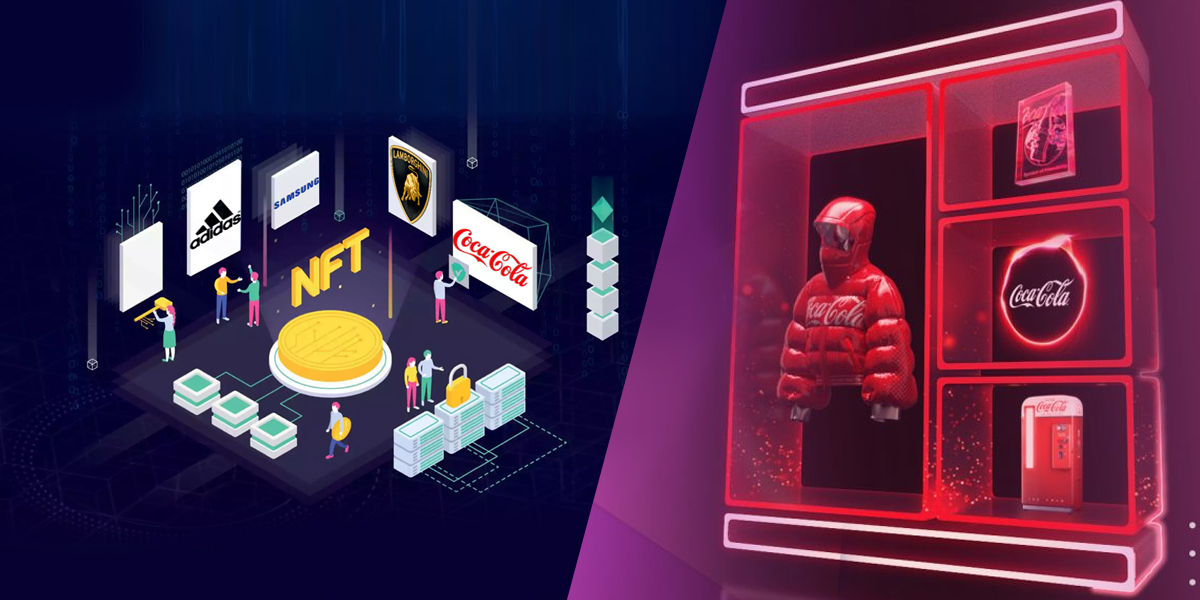Getting your life back on track after an accident can be difficult. Accidents, such as car crashes, can leave physical injuries that are easy to see, but not all accidents are created equal. In some cases, like a medical malpractice case, others may not be able to see the damage your accident has caused. Instead, much of your pain and suffering is mental.
No matter what type of accident, it’s also a very real possibility that you may suffer from both.
Mental health treatment after an accident is always a good idea if you’re seeking pain and suffering after an accident, but if you aren’t, how do you know if you should see a therapist? No matter how major or minor your accident, here are seven signs that you should seek treatment.
You’re Having Trouble Functioning or Coping in Your Day-To-Day Life
It can be difficult to cope in your day-to-day life after an accident. That’s expected, up to a point. After all, if you broke your leg in a work accident, you won’t be able to get around the house like you used to until your leg has a chance to heal. However, if you continue to have trouble coping after your physical injuries have healed, you should make an appointment with a mental health professional.
What does it mean to have trouble coping in your day-to-day life? If you find it difficult to go to school, you can’t seem to make it to work on time, you realize you go days without a shower, or if you’re letting important chores go undone, a therapist can help you regain a sense of normalcy.
Your Daily Habits Have Changed for the Worse
Our lives develop patterns as we get used to our schedules. We go to bed and get up at the same times every day, eat lunch at work the same time every day, and shower at the same time every day. If you noticed that your daily habits have changed, it could be a sign that you need help.
Sleep problems increase for those with a mental illness. Eating habits are likely to change too. If you’re sleeping more or less than normal, or if you eat more or less than you usually do, you should look into getting help.
You Feel Sad Most of the Time
It’s normal to feel sad after an accident, which can make it difficult to figure out if you’re sad or you’re experiencing depression.
Sadness is dependent on an event, so you’re likely to feel sad for some time after an accident. However, if your sadness persists for longer than two weeks, if you still feel sad after your physical injuries have healed, or if you feel sad but can’t quite put your finger on why it’s a good idea to meet with a professional who can help you untangle your feelings and get your smile back.
You Can’t Stop Worrying or Feeling Anxious
You don’t have to feel sad to have a mental illness. Feeling anxious or worrying incessantly can be a sign of disorders like OCD, generalized anxiety disorder, and posttraumatic stress disorder.
Like feeling sad after an accident, it’s also normal to feel worried or anxious after an accident. You may be wondering how you’re going to pay for medical care, you may be worried about getting back to work, or you may be worried about getting back into the car after a crash. However, if your feelings persist and you find yourself losing sleep or avoiding activities, like getting into a vehicle, it’s a sign that your mental health could use some support.
You Experience Mood Swings
For some experiencing a mental illness, it’s not about feeling sad or anxious all the time. Instead, you may feel low one day, but feel like you’re on top of the world the next. For others, a mood swing may happen seemingly out of the blue. Mood swings like these can be an indication that you have:
- Depression that vacillates between feeling sad and extreme irritability that coincides with an angry outburst.
- Bipolar disorder, which includes periods of mania or hypomania that alternate with depression.
- A borderline personality disorder is characterized by extreme reactions, risky behavior, and feeling empty or restless.
Of course, physical illness or injury, as well as certain medications, can cause mood swings too, which is why it’s important to meet with a professional.
You’re Self-Medicating
Coping with the aftermath of an accident is no easy task. It isn’t uncommon for people to develop unhealthy coping mechanisms, like using drugs and alcohol. If drugs or alcohol are interfering with your life, you absolutely should seek professional help.
Just don’t make the mistake of thinking you only have a problem if alcohol or drugs are involved. You may also be self-medicating if you are eating more than usual, or even if you’re shopping more than usual. Without help, you could find yourself gaining unhealthy weight or completely ruining your financial future.
You Haven’t Seen a Professional Yet
You don’t have to have a clear answer for why you want to schedule an appointment with a mental health professional. If something seems a little off, but you can’t put your finger on it, or you simply want to make sure that you’re okay after an accident, it never hurts to schedule an appointment.
There are many benefits of therapy, even if you don’t have a diagnosable disorder. A therapist can help you learn ways to enhance your life, they can help you change unhealthy patterns, and they may even be able to help you uncover hidden desires so an accident can be the catalyst for making the life changes you have always wanted.
It’s important to rest and heal your physical injuries after an accident. Just don’t make the mistake of thinking all injuries can be seen. A visit with a mental health professional can make sure you’re mentally prepared to deal with the aftermath of your accident too.








Leave a Reply
You must be logged in to post a comment.